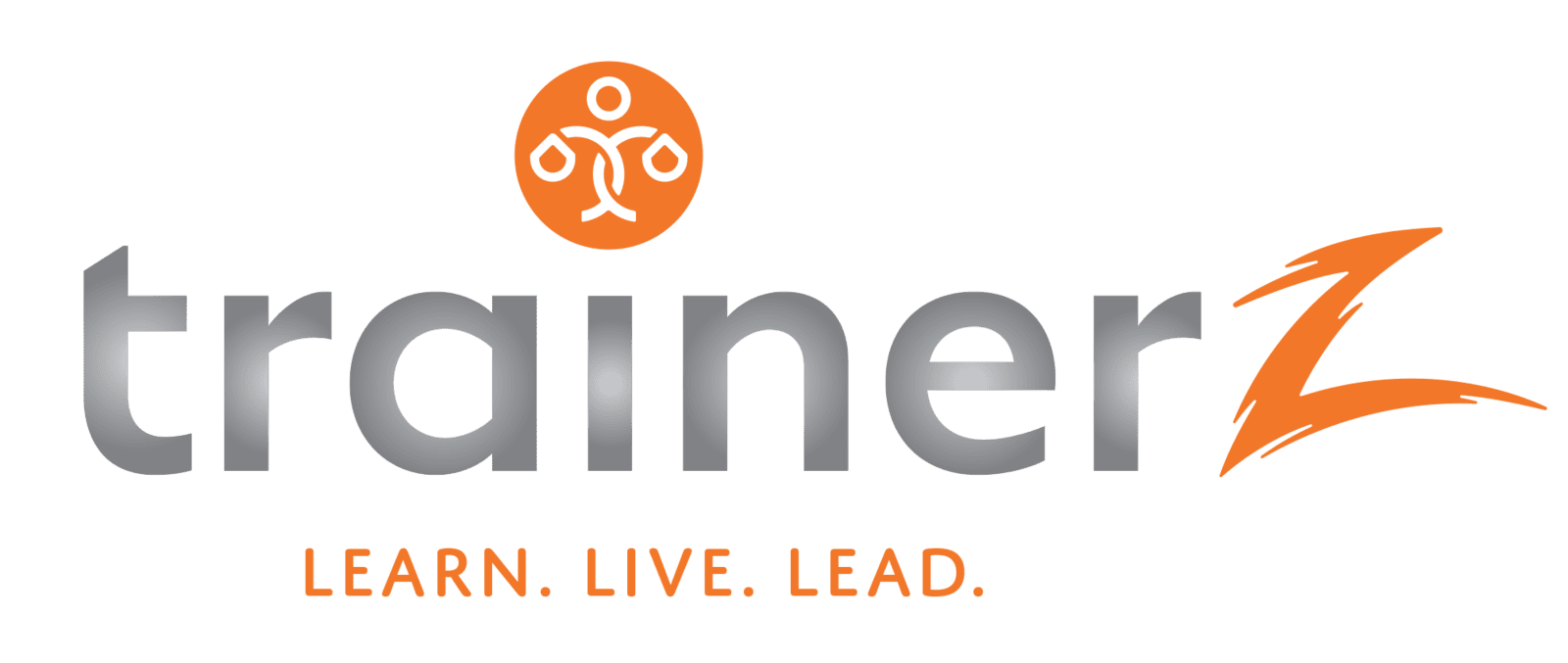Libya SMME Sector Overview
The Small, Medium, and Micro-Enterprise (SMME) sector in Libya is vital for economic stability and diversification, but it operates in a challenging environment. The economy is heavily reliant on the oil and gas sector, which accounts for over 60% of GDP and 94% of exports. This dependence has resulted in an underdeveloped private sector, but one with significant growth potential.
- Economic Contribution: While formal data is limited, SMMEs are crucial for non-oil economic activity. The non-oil GDP grew by 2% in 2024, driven by public wages, but the private sector employs nearly 14% of the workforce, indicating its importance in job creation despite its small size.
- Role in Employment: The sector is a major employer outside of the state, which employs a large majority of the labor force. SMMEs provide essential job opportunities, particularly for the youth, who face high unemployment rates.
- General Characteristics: Most of Libya's SMMEs operate informally due to a lack of access to finance, political instability, and bureaucratic hurdles. This informal nature can make it difficult to formalize and grow these businesses.
Key SMME Industries and Examples
1. Trade and Commerce
- Examples: Small retail shops, street vendors, and import/export businesses for consumer goods.
- Firm Profile: These are typically small-scale, often family-owned, and operate on a cash basis. They are essential for providing daily necessities to the population.
- Age Demographics: This sector is dominated by Gen X (46-59) and older generations who have established businesses and networks. However, Millennials and Gen Z are increasingly active in modernizing this sector through social media and digital platforms.
- Opportunities & Risks:Opportunities lie in meeting high demand for goods not produced locally. Risks include political instability and challenges with supply chains and imports.
2. Services Sector
- Examples: Transportation services, automotive repair, professional services (accounting, consulting), and small-scale IT and digital services.
- Firm Profile: These are knowledge- or skill-based businesses, often with a small, specialized team.
- Age Demographics: This industry is predominantly driven by Millennials and Gen Z, who possess the technical skills required for modern services like IT.
- Opportunities & Risks:Opportunities are present in meeting the growing demand for specialized services as the economy modernizes. Risks include a challenging business environment and a lack of formal regulation.
3. Construction and Related Services
- Examples: Small construction firms, contractors, and businesses providing building materials.
- Firm Profile: These firms are often small teams that handle residential and small-scale commercial projects.
- Age Demographics: This sector has a diverse workforce across all age groups. Middle-aged and older individuals often lead these businesses, leveraging their experience, while younger people contribute to the skilled labor force.
- Opportunities & Risks: The opportunity is in the immense need for reconstruction and infrastructure development across the country. Risks involve political instability and security concerns that can disrupt projects.
The Most Popular SMME Industries (Per Age Group/Generation)
- Youth & Millennials (Age 18-45): This demographic is at the forefront of the emerging digital economy. They are most prominent in IT, digital marketing, and small-scale e-commerce ventures. They are also involved in modernizing traditional sectors by leveraging online platforms and new technologies.
- Middle-Aged (Gen X, Age 46-59): Entrepreneurs in this age bracket tend to dominate established sectors like trade, logistics, and traditional manufacturing. They leverage their experience and business acumen to run and grow their enterprises.
- Older Generations (Age 60+): This group is largely involved in long-standing family businesses, including small retail shops, agriculture, and traditional crafts. Their businesses are often community-centric and rely on decades of established trust and customer loyalty.
The Most Popular SMME Industries (Per Region/Province/State)
- Tripoli District:
- Summary: As the capital, Tripoli is the country's main economic and commercial hub. Its economy is service-based, with significant activity in trade, finance, and professional services.
- Key Industries: Retail, IT services, food and beverage, and professional consulting.
- Trends: A growing demand for modern services and technology, with a noticeable rise in startups.
- Al-Jifarah Plain:
- Summary: This region is a fertile agricultural plain and a key area for small-scale farming and food production.
- Key Industries: Agriculture (cereals, olives, fruits), food processing, and livestock farming.
- Trends: A focus on improving agricultural productivity and value-added food processing to reduce reliance on imports.
- Jebal Al Akhdar:
- Summary: This region is known for its green mountains and fertile land. Its economy is based on agriculture and has a growing potential for tourism.
- Key Industries: Agro-based industries (olive oil, fruits), and tourism and hospitality.
- Trends: The potential for sustainable tourism is being explored, with a focus on local handicrafts and hospitality.
- Sabha:
- Summary: As the main city in the south, Sabha is a key trade hub connecting Libya to sub-Saharan Africa.
- Key Industries: Trade and commerce, transportation, and small-scale repair services.
- Trends: The informal economy is highly prominent, particularly in cross-border trade and logistics.
- Misrata:
- Summary: A major port city and a key industrial center, Misrata's economy is focused on manufacturing, trade, and logistics.
- Key Industries: Manufacturing (iron and steel, automotive components), textiles, and food processing.
- Trends: The city is a hub for industrial revitalization and has a strong focus on manufacturing for both domestic and export markets.
- Benghazi:
- Summary: Benghazi is the country's second-largest city and a major economic hub in the east, with a focus on trade, oil services, and construction.
- Key Industries: Construction, oil services, retail and wholesale trade, and healthcare.
- Trends: The city is a key area for reconstruction and infrastructure projects, creating opportunities for businesses in construction and related services.
The training and business consulting required for these popular industries
- IT and IT-enabled Services:
- Training: Advanced software development, cybersecurity, and cloud computing certifications.
- Consulting: Business strategy for scaling a tech startup, digital marketing and brand building, and intellectual property (IP) protection.
- Food Processing and Agribusiness:
- Training: Food safety and hygiene certification, modern food preservation techniques, and supply chain management.
- Consulting: Market research for new product launches, financial planning for capital expenditure on machinery, and export promotion.
- Construction and Related Services:
- Training: Project management, safety and quality control in construction, and technical skills in modern building methods.
- Consulting: Business development for securing contracts, legal advice on regulations, and risk management.
Top SMME Business Opportunities (Per Region/Province/State)
- Tripoli District: A digital marketing agency, a food delivery service, and a business providing technical support and IT services for other small businesses.
- Al-Jifarah Plain: A food processing and packaging business for local agricultural products, a business selling modern agricultural tools and fertilizers, and a small-scale transport service for agricultural goods.
- Jebal Al Akhdar: An eco-tourism venture offering guided tours and local accommodation, an online store for locally made handicrafts and olive oil, and a small food processing business for traditional products.
- Sabha: A small-scale logistics and transport company for cross-border trade, a mobile phone and electronics repair business, and a retail business for essential consumer goods.
- Misrata: A small-scale manufacturing unit for automotive parts, a textile and garment production business, and a firm that provides maintenance and repair services for industrial equipment.
- Benghazi: A construction and renovation business, a firm specializing in oil and gas field services, and a retail and wholesale trade business for imported goods.
Business and Vocational Skills required for these SMME Opportunities
- General Business Skills (for all regions):
- Financial Literacy: Understanding cash flow, basic accounting, and financial planning.
- Resilience and Adaptability: The ability to navigate an unpredictable business environment and quickly adapt to changes.
- Networking: Building a strong network of trusted suppliers, customers, and partners.
- Problem-Solving: The ability to find creative solutions to logistical and operational challenges.
- Vocational Skills (specific to regional opportunities):
- Tripoli & Benghazi: Advanced IT skills, project management, and expertise in digital marketing and web development.
- Al-Jifarah Plain & Jebal Al Akhdar: Knowledge of agricultural technology, food safety and processing standards, and skills in sustainable tourism.
- Sabha & Misrata: Logistics and supply chain management knowledge, technical skills in manufacturing, and expertise in trade and commerce.


